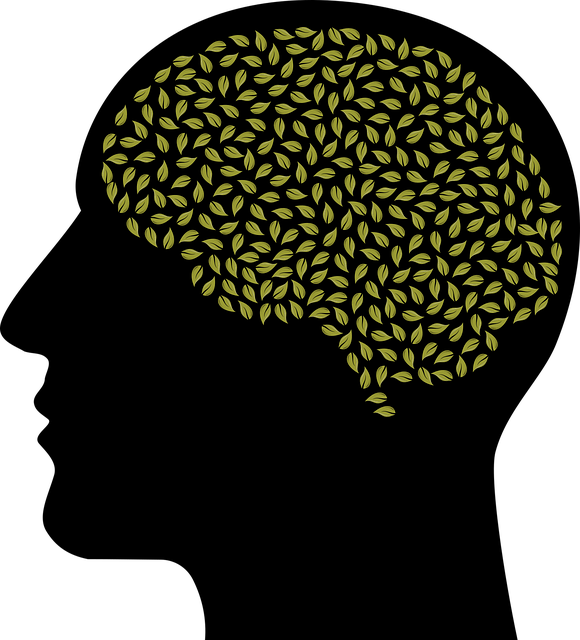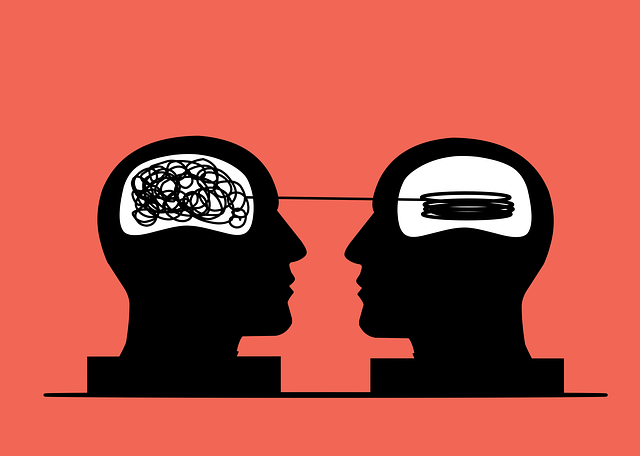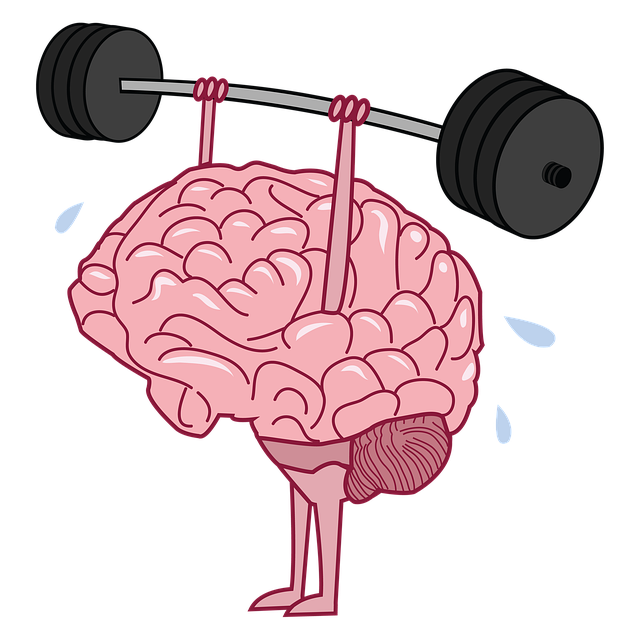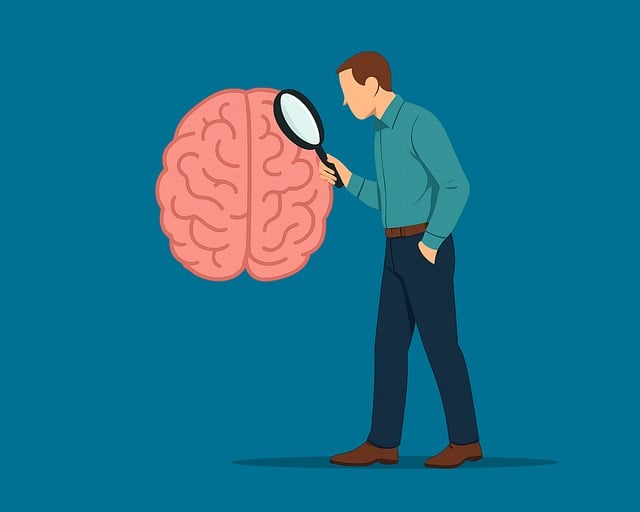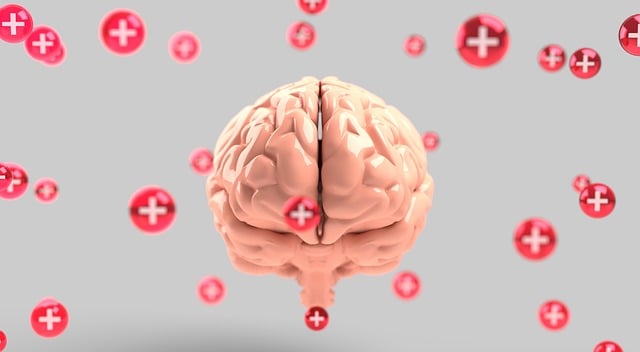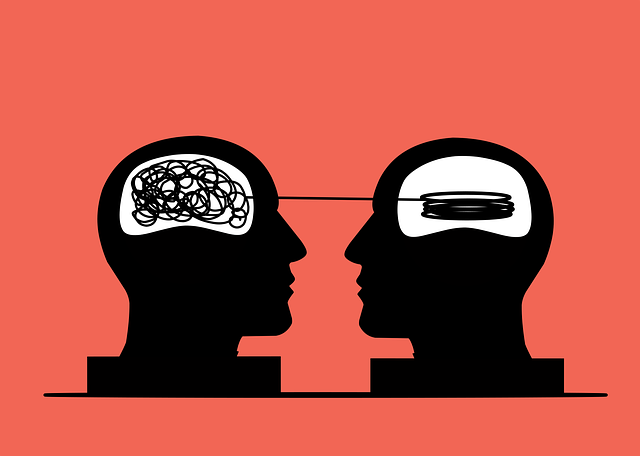Mental wellness self-assessment tools, modeled after evidence-based practices like Englewood Functional Neurological Disorder Therapy (EFNDT), empower individuals to take charge of their mental health. These assessments offer a starting point for understanding emotional, psychological, and behavioral states, guiding people towards setting goals and implementing strategies for improved well-being. EFNDT's holistic approach integrates physical, emotional, and social aspects, ensuring tailored assessments for diverse populations through its Community Outreach Program. Effective self-assessment enhances therapy outcomes, reduces professional workload, and promotes holistic mental wellness. Continuous refinement, based on feedback and cultural shifts, is crucial for keeping these tools relevant and inclusive.
Mental wellness self-assessment tools play a crucial role in individual understanding and personal growth. This article explores the development of such tools, focusing on the Englewood Functional Neurological Disorder Therapy (EFNDT) framework. We delve into best practices for comprehensive mental health evaluation, emphasizing engaging and effective strategies. By examining these approaches, individuals can navigate their mental wellness journey with improved insights, fostering proactive self-care. The discussion covers tool design, implementation, and continuous improvement techniques, offering valuable insights for both professionals and personal development seekers.
- Understanding Mental Wellness Self-Assessment: A Starting Point
- Engaging with Englewood Functional Neurological Disorder Therapy (EFNDT) Framework
- Designing Effective Tools for Comprehensive Evaluation
- Implementation and Continuous Improvement Strategies
Understanding Mental Wellness Self-Assessment: A Starting Point

Mental wellness self-assessment tools play a pivotal role in empowering individuals to take charge of their mental health. These assessments serve as a starting point for understanding one’s emotional, psychological, and behavioral states, providing valuable insights into areas that may require support or intervention. By utilizing evidence-based methods, such as those employed in Englewood Functional Neurological Disorder Therapy, self-assessment tools can help individuals identify specific challenges and strengths related to their mental wellness.
This initial step is crucial for fostering self-awareness, which is the foundation for positive change. Tools focusing on areas like self-esteem improvement and compassion cultivation practices can encourage a more optimistic outlook, while promoting positive thinking helps individuals challenge negative thought patterns. These assessments enable people to begin their journey towards mental wellness by recognizing the importance of seeking help, setting goals, and implementing strategies for improved overall well-being.
Engaging with Englewood Functional Neurological Disorder Therapy (EFNDT) Framework

Engage with Englewood Functional Neurological Disorder Therapy (EFNDT) Framework offers a comprehensive approach to mental wellness self-assessment tools development, emphasizing both individual and community well-being. This framework integrates physical, emotional, and social aspects of health, reflecting the belief that mental wellness is intricately linked to overall neurological function and environmental factors. By adopting EFNDT, developers can create tailored assessments that consider not just symptoms but also functional abilities, daily living skills, and resilience within diverse cultural contexts.
The Community Outreach Program Implementation within EFNDT ensures accessibility and cultural sensitivity in mental healthcare practice. This involves adapting assessment tools to respect and incorporate diverse cultural beliefs and practices, fostering higher engagement rates and more accurate results. Moreover, prioritizing Self-Esteem Improvement through the framework’s holistic approach can enhance participants’ willingness to engage in self-assessment, making it a valuable asset in developing effective and inclusive mental wellness resources.
Designing Effective Tools for Comprehensive Evaluation

Designing effective self-assessment tools for mental wellness is a multifaceted process that requires comprehensive evaluation methods. These tools aim to provide individuals with insights into their emotional, cognitive, and behavioral states, enabling them to make informed decisions about their mental health journeys. At Englewood Functional Neurological Disorder Therapy, we emphasize the importance of tailored interventions, which starts with accurate self-assessment.
Effective tools should encompass various aspects of mental wellness, including emotional regulation, stress management, communication strategies, and social skills training. By integrating these elements, assessments can offer a holistic view of an individual’s well-being. This ensures that any identified challenges or strengths are addressed appropriately, fostering personalized therapy plans. A well-designed tool can enhance the therapeutic process, empower individuals to take charge of their mental health, and potentially reduce the burden on healthcare professionals.
Implementation and Continuous Improvement Strategies

The development of self-assessment tools for mental wellness is an evolving process that requires strategic implementation and continuous improvement. Once created, these tools should be pilot-tested within specific populations to gather valuable feedback and make necessary adjustments. For instance, incorporating strategies from Englewood Functional Neurological Disorder Therapy can enhance the accuracy and relevance of assessments tailored to individuals with neurological conditions. This iterative approach ensures the tool remains effective and aligned with the latest research, such as Mind Over Matter principles, fostering a dynamic resource for mental health support.
Regular updates are essential to keep up with changing cultural norms, emerging therapies, and growing public awareness campaigns development. By integrating emotional intelligence as a core component, these tools can provide more nuanced insights into an individual’s mental wellness journey. Continuous improvement strategies should involve collaboration among mental health professionals, researchers, and community members to create inclusive, evidence-based, and culturally sensitive assessments that resonate with diverse populations.
The development of mental wellness self-assessment tools, as outlined in this article, is a vital step towards enhancing access to comprehensive evaluations. By engaging with the Englewood Functional Neurological Disorder Therapy (EFNDT) framework and incorporating its principles, we can create effective tools that cater to diverse needs. These assessments should be designed with a holistic approach, considering various aspects of mental wellness, ensuring accurate and actionable insights. Implementation strategies that prioritize continuous improvement are essential to keep up with evolving research and best practices, ultimately fostering better outcomes for individuals seeking support for their mental health journeys.
